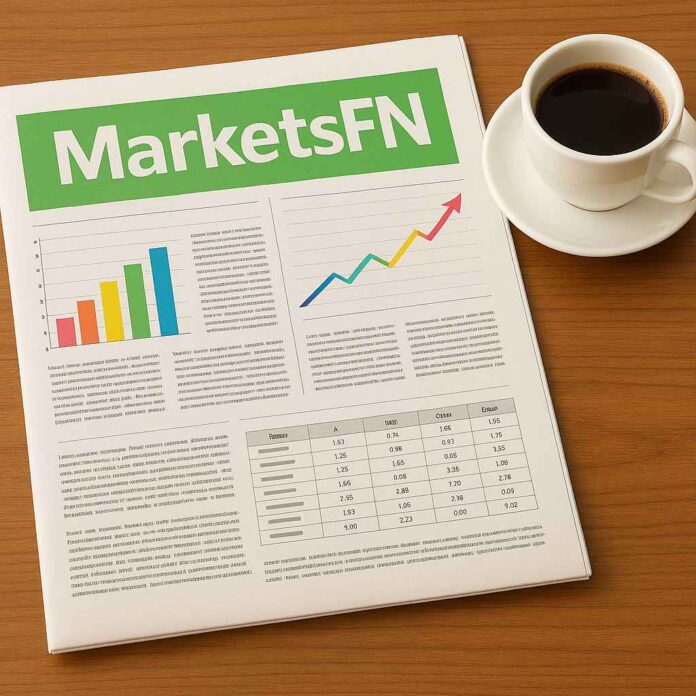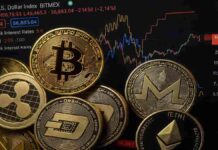# GLOBAL NEWS
In the ever-evolving landscape of global affairs, significant developments continue to shape the political, economic, and social climates across continents.
## US
The political landscape in the United States has been marked by a series of high-profile developments, particularly concerning President Donald Trump’s administration. Recently, Trump has sought to fire Federal Reserve Governor Lisa Cook, igniting a legal battle over the president’s authority to remove members of the independent central bank’s board. Cook has responded with a lawsuit, asserting that the allegations against her are unfounded and hinting at a potential “clerical error” regarding the mortgage fraud claims made against her. This unprecedented legal confrontation could set significant precedents regarding the autonomy of the Federal Reserve.
In related news, the U.S. economy has shown stronger-than-expected growth, expanding by 3.3% in the second quarter. Consumer spending played a crucial role in this growth, with a notable increase of 1.6%. However, concerns remain about rising inflation and the impact of Trump’s tariffs, which have recently been extended to small packages valued under $800, affecting numerous trading partners.
Tragedy struck in Minneapolis as two children were killed in a school shooting, prompting discussions about gun control and public safety. The incident has drawn national attention, with calls for action from various advocacy groups. The FBI is investigating the shooting as a potential hate crime, raising further concerns about violence in schools.
Amidst these developments, tech giants are also making headlines. Nvidia reported impressive earnings, with sales growth driven by the increasing demand for AI infrastructure. However, the tech sector faces challenges, including regulatory scrutiny and market volatility, as evidenced by mixed trading in stocks following recent earnings reports.
## EUROPE
Across the Atlantic, Europe is grappling with its own set of challenges. The European Union (EU) is moving to reimpose sanctions on Iran in response to concerns over its nuclear program, signaling a renewed commitment to diplomatic pressure. This move comes as EU leaders express frustration with Iran’s lack of cooperation, further complicating international relations in the region.
In the economic sphere, Denmark has cut its growth forecast for 2025 from 3% to 1.4%, citing a slowdown in key sectors, including pharmaceuticals and renewable energy. This adjustment reflects broader economic uncertainties affecting the EU, as inflation concerns persist and consumer confidence wanes.
Meanwhile, the UK is facing its own economic challenges, with bank shares tumbling amid fears of a potential windfall tax on the sector. Chancellor of the Exchequer Rachel Reeves is under pressure to raise revenues, prompting discussions about the sustainability of the banking sector in light of rising costs and regulatory scrutiny.
In Italy, the banking sector has shown signs of strain, with a wave of mergers and acquisitions beginning to slow. Analysts suggest that the current economic climate may hinder further consolidation efforts, raising questions about the future stability of Italy’s financial institutions.
## ASIA
In Asia, significant political and economic developments are reshaping the region. India’s economy has outperformed expectations, growing at 7.8% in the June quarter, despite looming tariff threats from the U.S. President Trump’s recent imposition of 50% tariffs on various goods has raised concerns among Indian businesses, prompting discussions about the need for strategic adjustments to mitigate potential impacts.
In a notable diplomatic shift, Indian Prime Minister Narendra Modi is set to visit China, marking the first such visit in seven years. This meeting comes in the wake of improved relations between the two nations, following years of tension over border disputes. The upcoming talks are anticipated to address trade, security, and regional stability, with both countries looking to strengthen their ties amidst growing geopolitical uncertainties.
Meanwhile, in South Korea, the political landscape has been shaken by the indictment of Kim Keon-hee, the wife of the country’s ousted former president, for bribery and other charges. This development underscores ongoing political turmoil in South Korea, with implications for public trust in government institutions.
In the tech sector, China’s ambitions in artificial intelligence (AI) continue to grow, with the government urging a balanced approach to investment in the industry. As the country aims to expand its AI capabilities, concerns about over-investment and potential economic bubbles are prompting calls for more cautious strategies.
As these events unfold, the interconnectedness of global economies and political landscapes remains evident, with each region facing unique challenges and opportunities.
In conclusion, the global stage is witnessing a dynamic interplay of political, economic, and social factors. From the U.S. legal battles over central bank independence to Europe’s economic adjustments and Asia’s diplomatic maneuvers, the world remains in a state of flux, underscoring the importance of vigilance and adaptability in navigating the complexities of contemporary global affairs.





